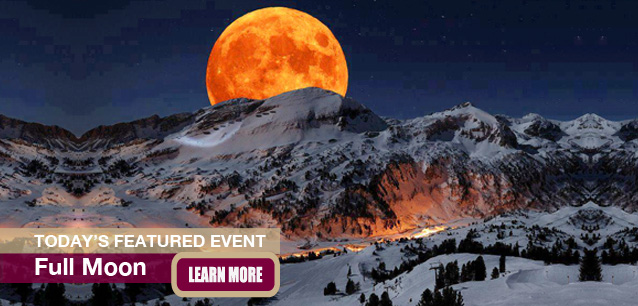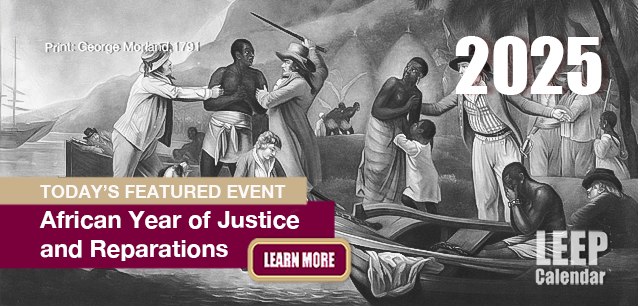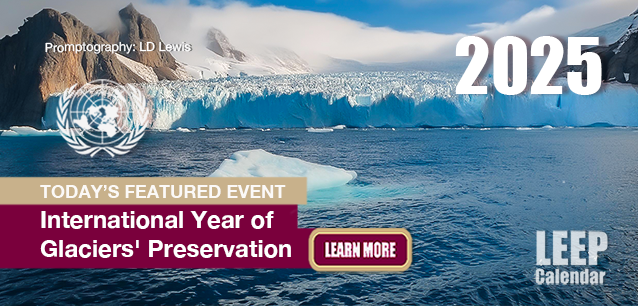 AD
AD
Today is: December 04
Scroll to explore events active on this date.
LEEP INK FEATURES

August? Absolutely!
In August, we live through the Dog Days of Summer. It's hot and often humid, and those who can leave for better climates do. Down south, winter is in full force. August is also known as "the ...

In The Heat of July: July 2025 Events
Is it hot enough (or cold enough if you're below the equator) for you yet? There is actually a day for that! Like every month, I pick a diverse collection of events you may or may not know about. This ...

May Blooms: Events in May 2025
Along with October, May is one of the most densely packed months of the year. It's before the summer humidity and the last whole month of the school year. The weather is warming in t...
About National Prime Meridian Day
Technology & Telecom , Environment Space & The Outdoors
United States
Ends: Nov 01, 2023
DESCRIPTION:
Prime Meridian Day marks the creation of modern time zones and longitude measurements at the International Meridian Conference in Washington, DC, in October 1884. November 1 is when the new measures went into effect.
The prime meridian resulted in the creation of the Greenwich Meridian, marking zero degrees longitude.
A prime meridian was necessary because of two things: for navigation and to unify timetables to create the 24 longitude-based time zones of the world. The earth travels and turns on its access at 15 degrees per hour, and each time zone in the world covers 15 degrees, counting forward from the Greenwich Meridian off the coast of Britain in the Atlantic.
The International Date Line, which is different and located in the Pacific, affords three additional time zones. This is why some countries are at thirty rather than sixty-minute increments.
VIDEOS
Currently, this event does not have supporting videos.
SUPPORTING DOCUMENTS
Currently, this event does not have supporting documents.
ADDITIONAL IMAGES
Currently, this event does not have supporting images.
Where would you like to go now?
 AD
AD




































































/footer-logo.svg)
